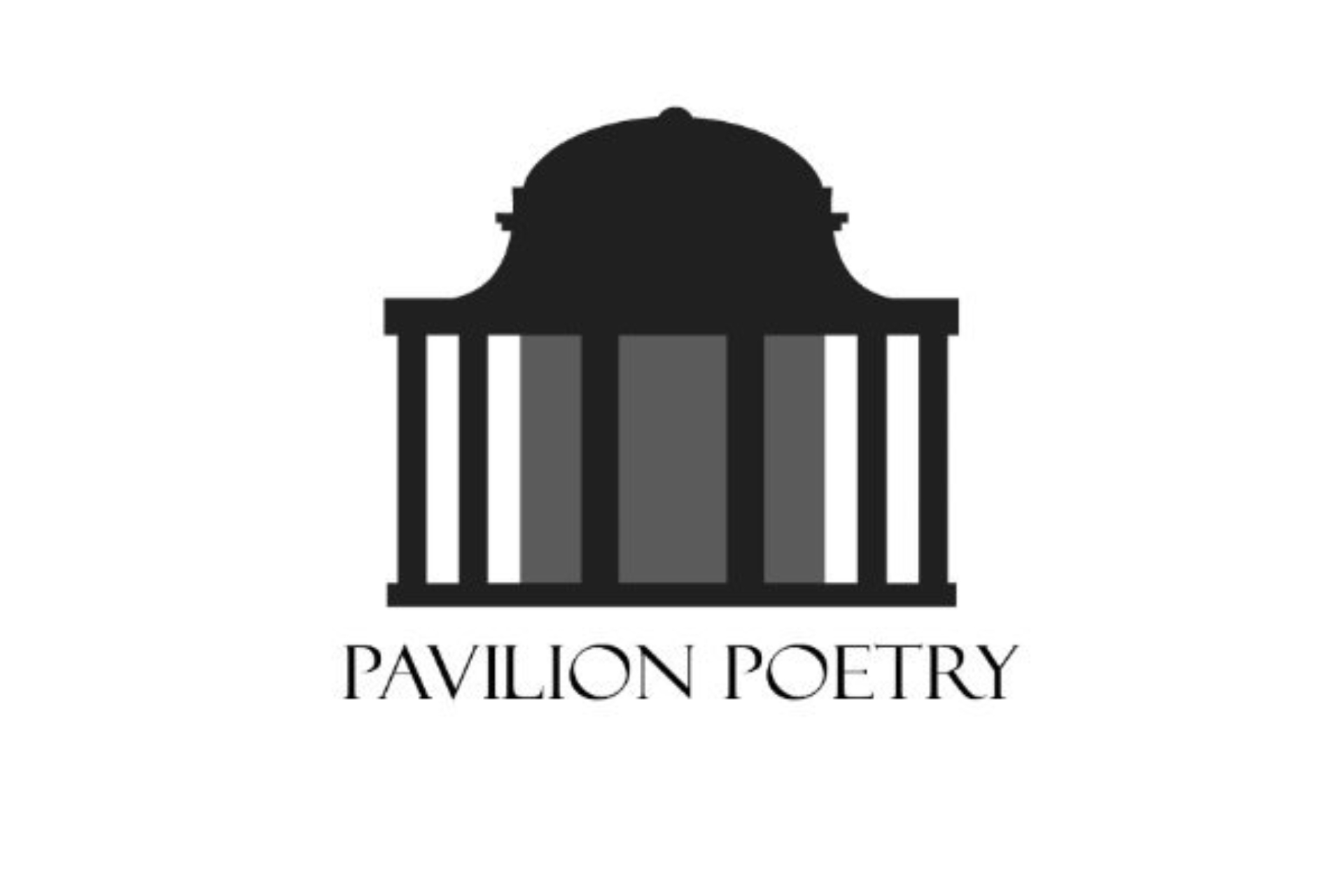
An audience is captured in the palm of three pairs of hands. One holds monsoon seasons, marigolds and coconuts; the next holds eros, bone scans, and roots; and the other holds starfish, mud and estuaries.....
Pavilion Poetry celebrated its ninth birthday this month. It is the first in person poetry launch since the start of the pandemic, Deryn Rees-Jones explained, when introducing the evening. In celebration, the contemporary poetry series launched three new collections from Jodie Hollander, Katie Farris, and Emily Hasler – (there was a cake to mark the occasion!).
Hollander, Farris’s and Hasler’s collections each expose an intoxicating mix of the tragic and comedic parts of life. Each of the collections are different and distinctive, individually asking questions about what makes us who we are and reminding us of the perplexing and contradictory nature of life. But as often happens at a poetry reading, the books started to feel quite linked, something the poets themselves noticed as they returned to two perhaps surprisingly repeated words: ‘mooring’ and ‘spiculated’.
Jodie Hollander’s second collection Nocturne is captivating in its marriage of family dysfunction and vivid landscapes. It is a tender and sharp collection that blends the ordinary with the extraordinary across hypnotic musical rhythms. Hearing the poetry in person added another dimension of meaning as Hollander mapped out her life growing up living with classical musicians, her words melodic and honest as she writes of her father: ‘And at home his hands were always practicing,/arching, crackling like strange crustaceans,/then scuttling up and down the piano keys.’
Susan Wicks described Hollander’s earlier collection My Dark Horses as ‘unignorable’ and as a book where the ‘meeting of searing family dysfunction and poignant metaphor with her matter-of-fact American vernacular strikes sparks.’ The new collection progresses from a child-like point of view to an adult witnessing her father struggle with spaghetti after a stroke.
Nocturne is unafraid to confront feelings of alienation and darkness within a family, which melds with the ethereal beauty of wildlife. With poems spanning continents, the collection creates a world made of dreams, potato plants and Key West storms. Hollander finds ‘nature to be a place of refuge’ which is apparent in ‘Lilacs’: ‘instead, try these: delicate, pale,/and purple, their almost-perfume/scent, the freshly rained on soil;’ ‘for once, let summer come early.’
Katie Farris’ latest collection, Standing in the Forest of Being Alive is made up of memoir-like poetry that is gut-wrenchingly honest as well as perhaps surprisingly also incredibly funny about her diagnosis of breast cancer aged thirty-six. She allows the reader an insight into the most vulnerable, private moments of life, blending the devasting with the sensual and shining a light on the scary and intimate moments with her lover, her doctors and her body.
This collection is refreshing and enlightening; one poem demands: ‘How much do you want to live?/ Enough.’ For anyone asking how to continue when dealing directly with suffering the answer, Farris argues, is not straightforward: ‘One must train oneself to find, in the midst of hell,/what isn’t hell.’ ‘The real genius of Standing in the Forest of Being Alive’ Kaveh Akbar has written, ‘is how Katie Farris’s poems orbiting her cancer continuously turn toward wonder, deep wonder made wise by having known profound suffering’ We see this for examples in the transformative ‘To the Pathologist Reading My Breast, Palimpsest, she declares that: ‘Beneath my grossly unremarkable skin ellipse/an inscription there of every kiss’.
Local Interest, by Emily Hasler, also a second collection, investigates what ‘local’ really means, ‘to inhabit rather than capture’ is her aim. Hasler uncovers the ordinariness of disasters to highlight the unpredictable changing routes of rivers and lives: ‘The river pelts past like running deer’. She takes us right to the coast between south Suffolk and north Essex, where freshwater and salt meet.
The collection takes its name from the Local Interest section of her library. In it, Hasler merges themes of potential futures and pasts forgotten, questioning ideas of migration, borders, and ownership: ‘Was that portion of earth ours? / We flung it anyway’. Hasler says she aims ‘to mix individual hyper-local events with the wider phenomena which shape places and challenge our ideas of what belongs where’. There is mud, salt, deceased fish, deer, rivers, sand, continuous erosion, and birds. In ‘Survivors of the East Coast Floods’, we meet those ‘who understand the water / but cannot/ trust the earth beneath them ’.
Hearing each of the poets perform, surrounded by the people that made these collections happen was reallyspecial. The books themselves are beautiful and hopefully, this will be the first of more live events to come. As Hollander writes, ‘nothing is really lost, just reconfigured’.
Nocturne personal picks: ‘Hands’, ‘The Potato Plants’, ‘A Bell from Kathmandu’, ‘Dream poet perform, surrounded by the people who made these collections happen,’, ‘Lilacs’, ‘After the Stroke’
Standing in the Forest of Being Alive personal picks: ‘Tell It Slant’, ‘A Row of Rows’, ‘Emiloma: A Riddle & an Answer’, ‘After the Mastectomy’, ‘The Wheel’
Local Interest personal picks: ‘Gloss’, ‘Survivors of the East Coast Floods’, ‘Schreckstoff’, ‘Street Furniture Enthusiast’, ‘It’s Not Over Yet’
References:
Nocturne – Jodie Hollander (2023)
Standing in the Forest of Being Alive – Katie Farris (2023)
Local Interest – Emily Hasler (2023)
Nocturne: An Interview with Jodie Hollander | Liverpool University Press Blog
Local Interest: An Interview with Emily Hasler | Liverpool University Press Blog